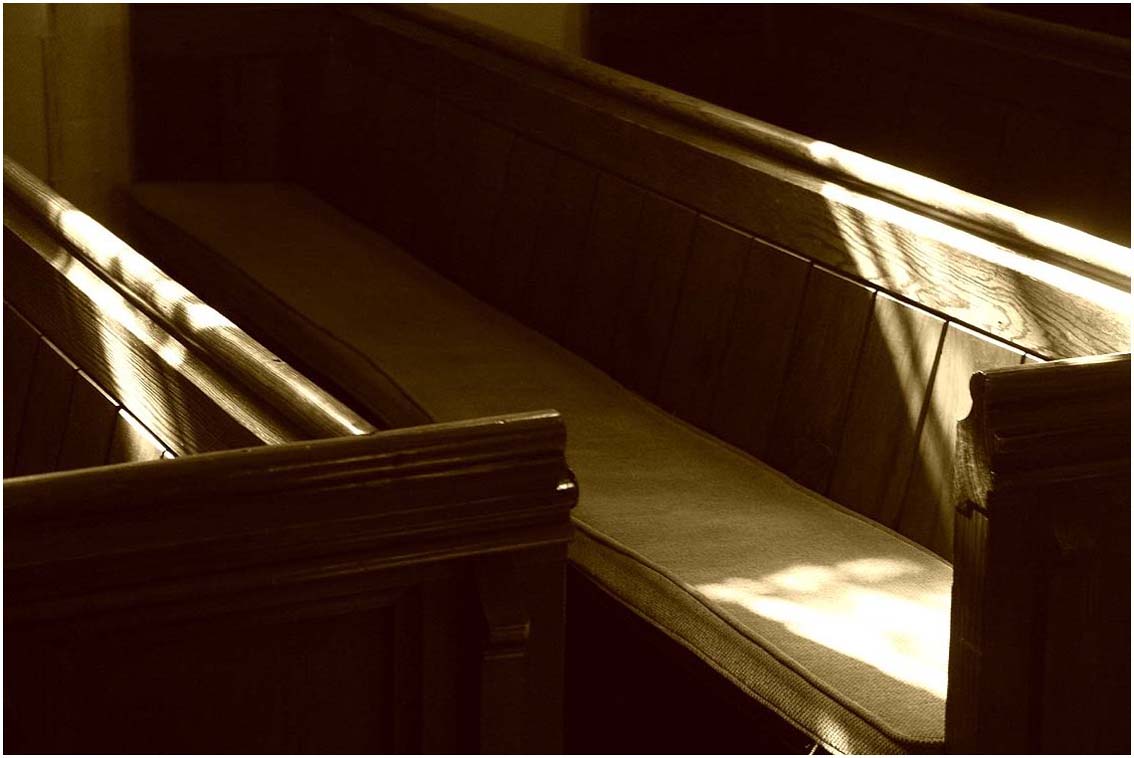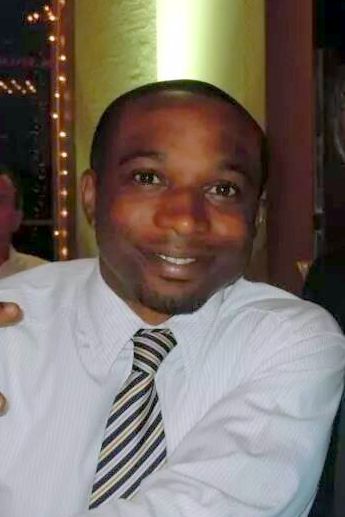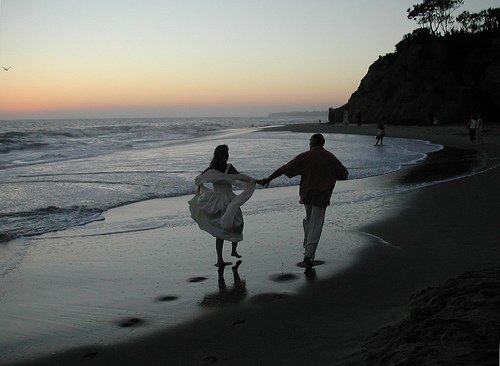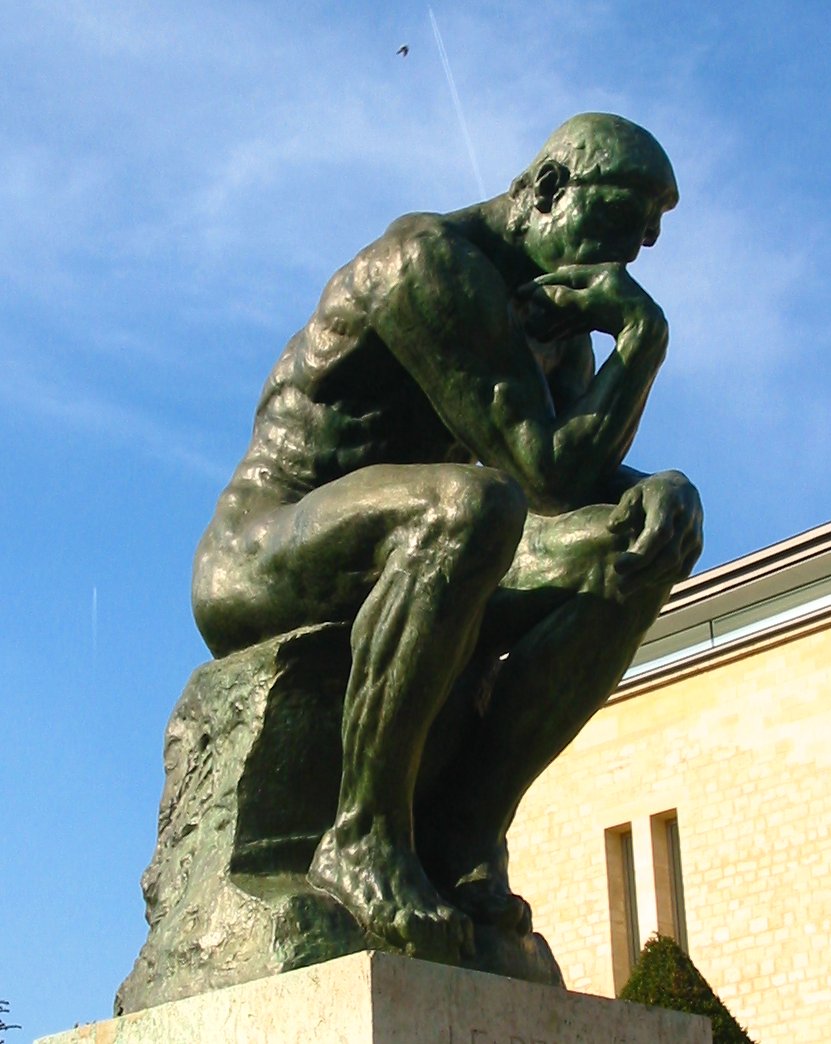Author: Rosalynde Welch
-

Lay your gifts on the padded bench
During Sunday’s church meeting, a man stood at the pulpit and bore a forceful testimony. Citing Moroni’s closing exhortation to “deny not [God’s] power,” he testified of the reality of miracles unlocked by wholehearted faith and willing belief. “Doubt and skepticism are fashionable in today’s world,” he said, and conceded that these might play a legitimate…
-

Knitting Lessons
I’m proud to post a talk delivered by my mother, Christie Frandsen, on January 16, 2016, at the Affirmation conference in southern California. Christie is a longtime seminary and institute teacher, and a scholar of ancient scripture. She is married to Russ Frandsen and is the mother of eleven children and grandmother of 18. Many thanks…
-
Family and individual: the chicken or the egg?
Julie Smith wrote a stimulating post last week, “A Rhetoric of Indirection,” in which she argues that the Church is undergoing a counterproductive cultural shift in homiletic emphasis from personal discipleship to strong nuclear families. When she joined the church in the 90s, she writes, “there was a focus on individual righteousness–personal scripture study, prayer,…
-
A Member of the Church
The Church of Jesus Christ of Latter-day Saints flared into life as an audacious venture, a scandal, an insult and an invitation to the Christian age. To the believing mind, the Mormon church is charged with keeping the flame of God’s authority alight for the world through the winds of secular modernity. But even without…
-
The Handbook Changes from the Institutional Perspective
My default setting when digesting controversial news about the Church is defensive. I’m just emotionally-mentally-psychologically-whatever wired to identify with the institution, its leadership, its interests, and the status quo, at least at first. So I’ve been trying to think this thing through from the point of view of Church leadership. Obviously I’m not privy to any…
-
My Life as a Mama Dragon
Today I am pleased to share a guest post by my mother, Christie Frandsen. Christie is a gifted teacher, leader and speaker, and has taught early morning seminary, Institute, and adult scripture classes for many years in Southern California. She has also been involved in Girl Scouting for decades in many significant leadership capacities. She is…
-

2912 Mornings: Reflections on 16 Years of Early Morning Seminary
This morning I am thrilled to share a guest post written by my amazing mother, Christie Frandsen. Christie is a gifted teacher, leader and speaker, and has taught early morning seminary, Institute, and adult scripture classes for many years in Southern California. She has also been involved in Girl Scouting for decades in many significant leadership capacities. She…
-
A Mormon in the Disenchanted Forest
In a few minutes I’ll be leaving to travel to California, where I’ll be speaking this weekend at the conference of the Mormon Scholars in the Humanities. I’ll be speaking Friday morning on Karl Ove Knausgaard, and Saturday on Nibley + Terryl & Fiona Givens on atonement theory. Sunday evening at 7:00 pm, I’ll be…
-
Varieties of Grace
I’m not susceptible to guilt. I’m sensitive to social pressure, for sure, and can be “guilted into” doing or saying things I don’t really mean. I feel terrible when I’ve failed to meet an obligation or hurt another person. But I don’t really feel that I’ve sinned — I don’t have the inner sense that…
-

A Metaphor & a Plea
I’m pleased to share a post written by my friend Christian Harrison. I’d like to write a few words about something that was said, during the Saturday morning session of General Conference.I grew up in Spokane, Washington. Living so close to the Canadian border, I frequently came across the random Canadian penny or dime. As…
-
For Zion — Part 8
Chapter 9, “Zion as Project”, gets right down to business. Having previously and rather brilliantly tied up his various scriptural themes and contexts — Old Testament eschatology, early Christian history, Pauline hope, faith and love, the Book of Mormon’s revision of Pauline hope, early Restoration history — Spencer brings these all to bear on the…
-
For Zion — Part 7
Chapter 8, “Zion in Prophecy,” marks an important transition in Joseph Spencer’s For Zion. Opening with a tour de force theological dissection of hope in Paul’s Epistle to the Romans, followed by a thoughtful interlude on the Book of Mormon’s conceptual bridge between Paul’s early Christian hope and the Zion of the Restoration, the book…
-
For Zion – Part 3
I’m honored to participate in this roundtable on Joe Spencer’s book For Zion: A Mormon Theology of Hope. I’ll be tackling chapters 2 and 3 today; Adam treated chapter 1 here. Like many T&S readers, I presume, I come at this book as an amateur: I was trained in literature, not philosophy, and the densely analytical style…
-
Is excommunication a medieval solution to a modern problem?
I believe it was Joanna Brooks who first formulated the idea that “excommunication is a 19th-century solution to a 21st-century problem.” It bears the marks of her elegant, intelligent phrase-making. Since it was first uttered, this idea has fed a swelling criticism of the practice of excommunication, following from the high-profile disciplinary action against Kate…
-

A Brother in Zion: One man’s unlikely journey into Mormonism
It was the jumpsuit that brought it all into focus, a jumpsuit much like one he had worn years before. But this jumpsuit was white. That one had been orange. Dressed in the white polyester garment, David was prepared for baptism into a new church. A fleeting glimpse of himself dressed in white seemed to…
-
A supplementary lesson plan for October 2014 Sharing Time, week 2
I love Primary. It’s my favorite place to serve in the Church, and if I had my way I’d serve there for the rest of my life. This month’s Sharing Time theme is “‘The Family: A Proclamation to the World’ Came from God to Help My Family.” Looking through the October lesson plans in the…
-
Compassion-and-service
I recently accepted a new calling in my ward. I’m now the compassionate service leader in the Relief Society. It’s been a good change from my previous calling as gospel doctrine teacher; I’m still relatively new in the ward, and this calling allows me to meet and know the people I worship with more intimately.…
-
Thinkable priesthoods, usable pasts
What can we gather from last week’s decision from Salt Lake? The content of the Priesthood session will be made accessible in real time to anybody who wants to view it online, but the live venue will be available to men only — even, presumably, non-Priesthood-holding or -worthy men. Priesthood session, in its primary form,…
-
It’s time to change early morning seminary
School’s back in session. Several weeks of early mornings have burned through the summer sleep reservoir. Inevitably, the debate over school start times sputters to life, ignited this year by Secretary of Education Arne Duncan, who tweeted “Common sense to improve student achievement that too few have implemented: let teens sleep more, start school later.”…
-
Mustard sandwiches and melted ice cream
This is a talk I delivered in Sacrament Meeting this past Sunday, on the topic “Using General Conference addresses in our personal study.” At the center of Mormon self-understanding is the idea that God reveals himself in the present day, to prophets and to individuals.What, then, is the character of that continued revelation? We’ve…
-
Twelve hundred words on pants
A few disjointed thoughts, first on the pants event itself and then on the response. I have a lot of sympathy for the goals of the pants-protest group, as I understand them. I too would like to see a broadening of Mormon femininity; I would be very pleased to see symbolic changes in practice that…
-
Missionary Service and Mormon Femininities
I was surprised and really happy to hear about the big missionary shake-up today. I learned about it first on Facebook, since I wasn’t able to watch Saturday morning’s session, and it was fun to monitor reactions there and around the bloggernacle throughout the day. I pretty much concur with most of the assessments reported…
-
Grant Hardy’s Subject Problem
Criticisms of the Book of Mormon generally fall into one of two categories: objections to its historical claims on the one hand, and on the other critiques of its literary style. The two prongs are often combined in a single attack, for instance in the suggestion that the awkward style of the book reflects the…
-

Mormon filmmaker explores sex and singleness at Duck Beach
The topic of sex and the Mormon single is a perennial favorite in the bloggernacle, and recently it has drawn national attention as well. No treatment of the topic would be complete without a look at the Duck Beach phenomenon, an informal annual gathering of east coast LDS singles in North Carolina that is equal…
-
Do we still teach homemaking?
A guest post from our friend and colleague emeritus, Russell Arben Fox. The title of this post isn’t a snark; it’s an open question, about which I am genuinely curious. (I’m also giving a presentation on this topic next week at the Midwest Sunstone/Restoration Studies conference, so my ulterior motive is a fishing expedition for…
-

Introducing Adam Miller, guest blogger
It’s my pleasure to announce that Adam Miller will join T&S as a guest blogger. Adam S. Miller is a professor of philosophy at Collin College in McKinney, Texas. He is the author of Badiou, Marion, and St Paul: Immanent Grace (Continuum, 2008), the director of the Mormon Theology Seminar (www.mormontheologyseminar.org), and a managing editor…
-

What we talk about when we talk about God
Bruce Feiler’s daughter was just five when she pitched him a question right to the gut of religious experience: “Daddy, if I speak to God, will he listen?” Feiler writes books on the Bible and God for a living, so he’d presumably given the question some thought. Nevertheless he had no good answer ready for…
-

Once upon a time on earth: the Church in a changing world
In debates over controversial religious issues, one often encounters a certain kind of argument from history, a sort of “once upon a time” argument. Once upon a time, it’s argued, the Church considered a given practice or belief, from witchcraft to usury to the heliocentric cosmos, to be immoral, unbiblical or otherwise forbidden. The particular…
-
I thought he asked a really good question, actually.
Most of the commentary that I have read on Elder Packer’s talk (and I have not read widely) treats the decamped rhetorical question as an emotional and political flashpoint. But I think it’s more productively understood as a confounding question of theology, even theodicy. The removal of those nine words from the published version does…
